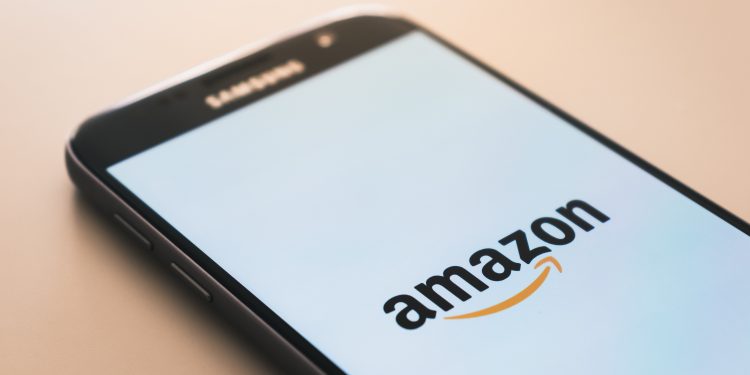According to recent studies, the global healthcare industry is due to reach $665 billion by 2028, with the US sector being one of the most lucrative markets in the world.
But while this might seem largely positive, the US healthcare industry is complex, with a number of challenges which face professionals and patients every day. In the same study, it was revealed that US national healthcare expenditure had reached nearly $4.3 trillion in 2021 and is estimated to rise to nearly $6.2 trillion in just four years.
The Problem With Healthcare
 This, of course, has left a seismic gap in the healthcare business landscape, with startups nationwide being asked a pivotal question: who can fix the problem?
This, of course, has left a seismic gap in the healthcare business landscape, with startups nationwide being asked a pivotal question: who can fix the problem?
The problem in question, when narrowed down, can be pinpointed to two key areas. The first is the staff shortages. Right now, hospitals and healthcare firms across the country are suffering a staffing crisis that has tripled their delays and made the influx of patients unsustainable.
The second is time. With the influx of patients and the problems caused by staff shortages, it has become harder than ever for professionals to fulfill appointments with patients and give them the healthcare they need – ordering and delivering prescriptions has also slowed, with delays at an all-time high.
The good news, however, is that one company in particular has appeared to take on the challenge. Not exactly a startup, Amazon has recently been merging into the healthcare industry, changing the way patients in the US interact with healthcare professionals and receive the services that they need.
Amazon Implicating Itself In Healthcare
The area that Amazon is looking to tackle involves the after-effects of staff shortages. In itself, staff shortages remain an issue in the US, but with healthcare recruiters – such as http://mascmedical.com – becoming more utilised, the gap between healthcare firms and top talent is shortening, giving hospitals and physician practices the members that they need to operate sufficiently.
In the same way, Amazon looks to shorten the gap between those members and the patients themselves. Last November, Amazon announced it was launching a new telehealth platform known as Amazon Clinic, and only recently, they have rolled out the service nationwide. Amazon does not provide the healthcare services itself, but rather, it creates a platform that connects professionals with patients, with partners currently including SteadyMD, Hello Alpha, and Curai Health, among plenty of others.
After being in contact with a medical professional – either through video conference, which is available in all 50 states, or message-based chat, which is available in 34 states – users can also arrange to meet the professional in person. To achieve this, Amazon itself books an appointment between the healthcare provider and the patient, in some cases even arranging a doctor or nurse to visit the user’s home to carry out their examinations.
A Bright Future For Healthcare?
Before looking at the impact of this on the healthcare industry, it is worth mentioning that Amazon has tried – and failed – to crack the healthcare market for years now. In 2018, it teamed up with JPMorgan to create an incubator for employer health programs, but this was shut down rather rapidly by 2021.
In the same year, the company carried out an acquisition of PillPack and subsequently launched its own pharmacy in 2020. This was connected with a $3.9 billion acquisition of OneMedical, but that acquisition was subsequently closed earlier in 2023.
There has been a slow merger into the healthcare industry, and with mixed results, but that doesn’t stop the fact that Amazon Clinic is a good idea. If the major problem with the healthcare industry is patient wait times, and the ability to deliver effective, first-rate care to every patient, then a virtual platform to directly connect healthcare providers to their patients is only going to be a good thing.
Not only this, but Amazon is an incredibly innovative company. They think differently, plan differently, and act differently to other businesses, and that could be incredibly exciting as far as healthcare is concerned.
With new technologies, Amazon could go even further in the healthcare industry and begin disrupting current practices. For instance, it recently announced 1492, a stealth lab that focuses on building healthcare technology. These could be tools to mine data from health records, elevate communication between professionals and patients – perhaps through Echo audio or video – or even on-demand autonomous vehicles to transport patients to services.
Whether any of this will happen remains to be seen, but for right now, Amazon’s integration into healthcare is certainly a positive in the long run. Provided that, this time, they are successful.



